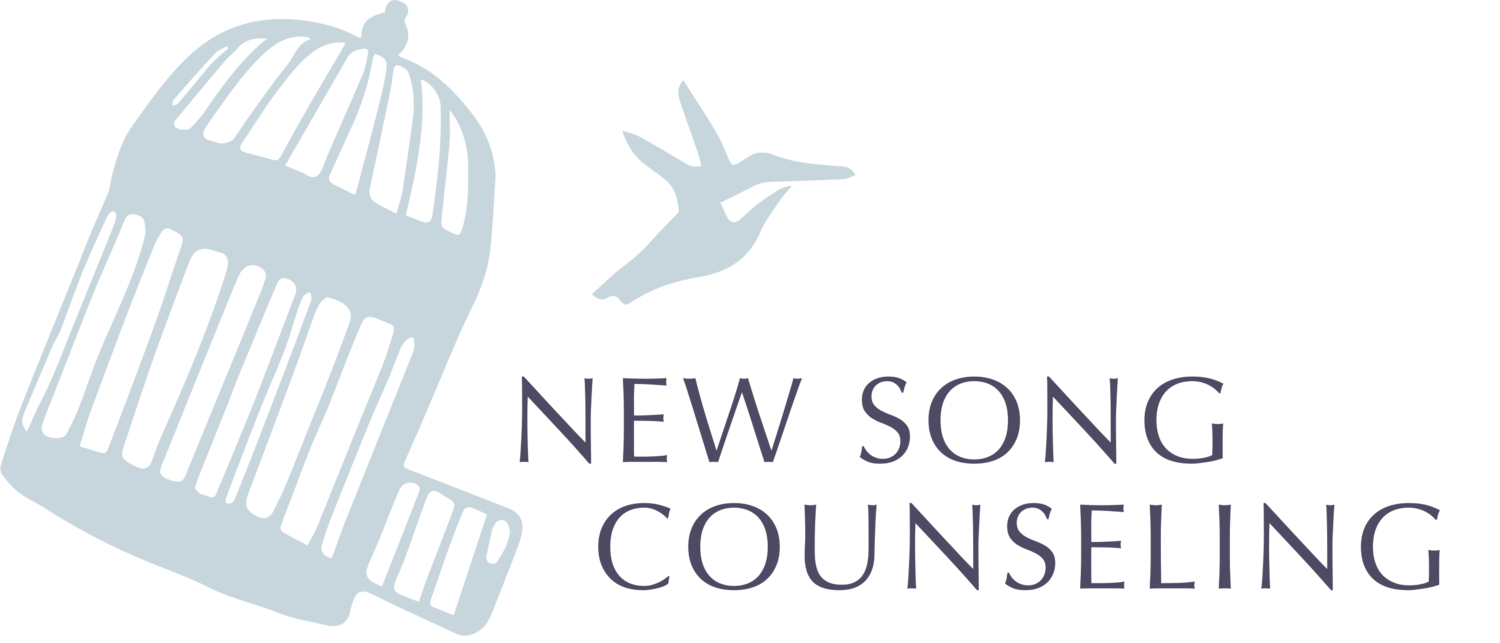Reframing Your Critic
Reframe (verb): frame or express (words or concept or plan) differently.
Have you ever heard the expression, “Those tapes keep playing in my head?” Maybe you haven’t, since no one actually plays tapes anymore. But in case you have, this is how I describe the barrage of negative thoughts and criticisms that roll through our minds at many points throughout the day.
I used to be in singing competitions when I was a kid and throughout my teenage years. The judges would speak their critiques into a tape recorder while each contestant was singing. So after the performance, I would go pick up my packet of cassettes and play back the performance – listening to myself sing something by Tanya Tucker or Bette Midler while some man or woman (who was supposedly a big deal in the music industry) would fire off, “You were off pitch right there” or “This isn’t in a good key for you.” It was awful. I would play them over and over and do my best to make it right the next time. So literally those tapes kept playing – and today in some way they still play in my head. As an adult I don’t hear, “Oh, man, Laura that was off key,” but I do hear, “Oh wow, you really screwed that up.” How could these messages ever be helpful? I’ve spent many years trying to quiet that voice, but what if…just maybe…that critic could be turned into something useful?
When I think about those years of competition, surely there was some good in having judges give their critiques by tape, so I could actually hear where they were hearing the need for improvement. And as I watch the Olympics, I can imagine the ice skaters or snow boarders have been told by their coaches many times, “Let’s try it again. You didn’t quite stick that one.” One doesn’t get to the Olympics by shrugging their shoulders and saying, “Yeah, that was just okay, but I don’t need to practice anymore.” So what’s the line between healthy and harmful criticism? Those judges or coaches could have been jerks about it, but what if they just sincerely wanted to offer help and encouragement for development? And what if our inner critics just want to do the same?
This is what I want to explore in the upcoming group I am offering “Reframing Your Critic” (details at end of post). Sadly many of us have “tapes” that play hurtful words someone said to us or messages we received during difficult times in our lives. For example, someone who was abused as a child may have heard often, “You are worthless.” And now their inner critic message is just that. That message is a lie. So let’s assume this same person today is putting together a proposal for their boss, and the boss kindly offers some suggestions for areas of improvement, but all this person can hear the boss saying is, “You are worthless.” Sometimes truthful constructive criticisms are masked by the hurtful lies inside us. My hope is that this group will help participants discern the difference between what is helpful and harmful. We will work to identify the harsh critic messages we once received, gain insight into where they came from, release the burdens and lies they carry, and then reframe them into positive roles in our lives.
So what does “reframe” mean? As the definition above suggests, we are going to put that inner critic in a new light and help it express its needs differently. We don’t have to silence our critic - silencing keeps their hurt locked up. But we can offer space to understand more about our critical messages, heal their wounds, and help them get a new name. Maybe instead of a critic, it can become a motivator, teacher, helper, or encourager?
I hope you can join the group, but if not, consider a few of these questions to help you begin to understand more about your own inner critic:
~What is a critical message you say to yourself most days?
~Where did you first learn/hear this message?
~Often our inner critics embody a character, symbol, color, or feeling in your body. How do you recognize your critic? Examples: bully (beats you up), chainsaw (cuts you to pieces), the color black (darkens your day) or a stomach ache (shame in the pit of your stomach).
~What would it be like to think of your critic as a part of you that actually wants to help or protect you? How does that change the way your critic talks to you?
~Where can you (and your inner critic) get support to change the critic's role in your life? God? Counselor? Safe friend? Mentor?
If you are interested in joining the group, here's more info...


